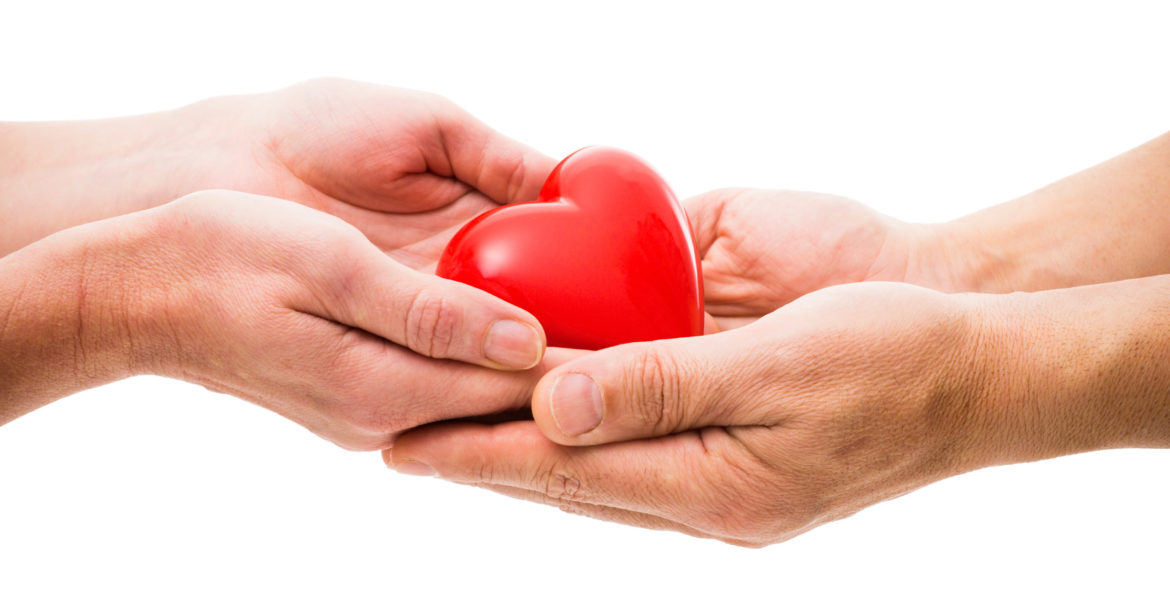Healthy young people are dying suddenly and abruptly from a mysterious syndrome - as doctors seek answers through a new national register.
People aged under 40 are being urged to have their hearts checked because they may potentially be at risk of Sudden Adult Death Syndrome.
The syndrome, known as SADS, has been fatal for all kinds of people regardless of whether they maintain a fit and healthy lifestyle.
SADS is an 'umbrella term to describe unexpected deaths in young people', said The Royal Australian College of General Practitioners, most commonly occurring in people under 40 years of age.
Melbourne's Baker Heart and Diabetes Institute is developing the country's first SADS registry.
'There are approximately 750 cases per year of people aged under 50 in Victoria suddenly having their heart stop (cardiac arrest),' a spokesperson said.
'Of these, approximately 100 young people per year will have no cause found even after extensive investigations such as a full autopsy (SADS phenomenon).'
Cardiologist and researcher Dr Elizabeth Paratz said: 'Baker's registry was the first in the country and one of only a few in the world that combined ambulance, hospital and forensics information.'
'(It allows you to see) people have had the cardiac arrest and no cause was found on the back end,' Dr Paratz said.
She believes the potential lack of awareness may be due to the fact 'a lot of it takes place outside of traditional medical settings'.
'The majority of these SADS events, 90 per cent, occur outside the hospital – the person doesn't make it – so it's actually ambulance staff and forensics caring for the bulk of these patients,' Dr Paratz said.
'I think even doctors underestimate it. We only see the 10 per cent who survive and make it to hospital. We only see the tip of the iceberg ourselves.'
For family and friends of victims, SADS is a 'very hard entity to grasp' because it's a 'diagnosis of nothing', Dr Paratz added.
Dr Paratz said that from a public health perspective, combating SADS was 'not as easy as everyone in Australia getting genetically screened' as scientists were still not 100 per cent clear on 'what genes cause this'.
'The best advice would be, if you yourself have had a first-degree relative – a parent, sibling, child – who's had an unexplained death, it's extremely recommended you see a cardiologist,' she said.

